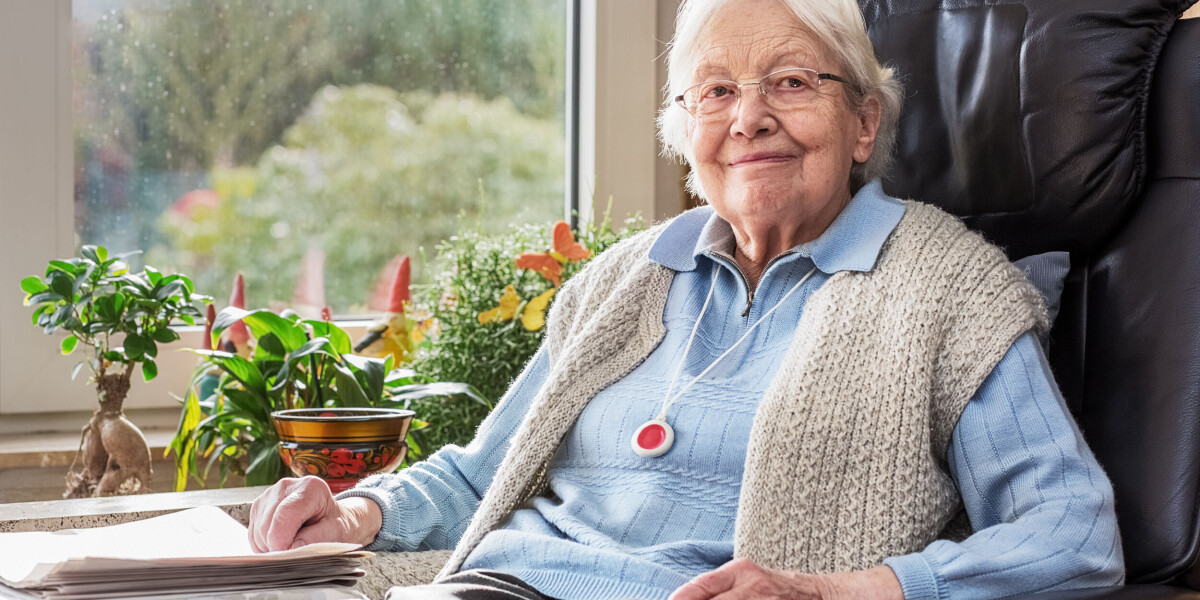
- Select a language for the TTS:
- UK English Female
- UK English Male
- US English Female
- US English Male
- Australian Female
- Australian Male
- Language selected: (auto detect) - EN
Play all audios:
UNDERSTANDING THE DIFFERENT TYPES OF SUPPORT AVAILABLE, COSTS AND FINANCIAL HELP For those wishing to remain in their own home in France despite increasing dependency, there are various
services and benefits available to provide essential support. A service d’aide et accompagnement à domicile (home help and support service) can offer assistance with daily tasks providing
carers (auxiliaires de vie) to help you with getting dressed, shopping, meal preparation, and administrative chores. These services need to be accredited by the departmental council,
ensuring quality control and regulated fees. ACCESSING HOME HELP SERVICES Home help services in France can be provided by different organisations such as the CCAS (centre communal
d'action sociale) at the mairie, private companies, or associations. To find services in your area, you can contact a local information point for elderly people (search for your
nearest one on the official government website for older people pour-les-personnes-agees.gouv.fr), or ask at your mairie. The above website also lets you search for nurse visits or home
help (un service d’aide et de soins à domicile), retirement homes, and day care. Another option for home help is to use the chèque emploi service universel (Cesu) system. This allows you to
employ someone directly for home support, offering tax benefits for eligible individuals (cesu.urssaf.fr). APA BENEFITS TOWARDS HOME HELP One form of the APA (allocation personnalisée
d’autonomie or personal autonomy allowance) in France is the APA à domicile. This benefit is designed to help cover the costs of services for people who need assistance but wish to stay in
their own home. It is available to individuals over the age of 60 who meet specific dependency criteria, which are assessed based on physical or mental deterioration (GIR 1-4
classification). The amount of APA varies depending on the level of dependency and the applicant’s means. It can cover a range of services, including home help, meal deliveries, special
equipment, and necessary home adaptations. Those eligible for APA must have their primary or only residence in France, have a valid residency permit if a non-EU citizen or else a European
passport. You must be living in a ‘stable and legal’ manner in France, so it is not available for visitors and holiday home owners. To apply, you will need to complete a form available from
your local CCAS or information point and send this in with supporting documents. These may include proof of identity, income, tax statements, and, if applicable, a medical certificate. The
application process includes a home visit where your needs will be assessed, followed by the creation of a personalised ‘help plan’ detailing the services available and the portion of costs
covered by APA. HOW MUCH APA WILL YOU RECEIVE? APA is paid monthly, and the amount depends on your level of dependency and income. At the highest rate, for those with significant
dependency, you may receive up to €2,045.56 per month. The benefit is means-tested, and if your income exceeds €918.29 per month, the benefit you receive will be reduced progressively. Any
payments for home care services are usually made monthly, although one-off payments can be made for technical adaptations or respite care. APA is not repayable from your estate after your
death. OTHER FINANCIAL SUPPORT FOR ELDERLY PEOPLE IN FRANCE In addition to APA, there are several other financial aids and tax credits available for elderly residents of France. For
example, aide sociale is available for low-income individuals who do not meet the APA dependency criteria. The allocation de solidarité pour personnes âgées (ASPA) is a pension top-up for
individuals with low income, ensuring a minimum level of support. For people needing extra home modifications, the Agence Nationale de l’Habitat (ANAH) may provide grants for improvements
such as stairlifts. Tax credits are also available for installing equipment for elderly and disabled individuals, to help reduce the cost of necessary modifications. MEALS ON WHEELS AND
ADDITIONAL SUPPORT SERVICES For individuals who need help to prepare meals, un service de portage/livraison de repas à domicile (meals on wheels) service is available across France, often
provided by state-accredited organisations. Other home assistance services, such as personal alert systems (téléassistance) and Ehpad hors les murs, which provides intensive help from a
nursing home, are also available to help you stay living in your own home.







